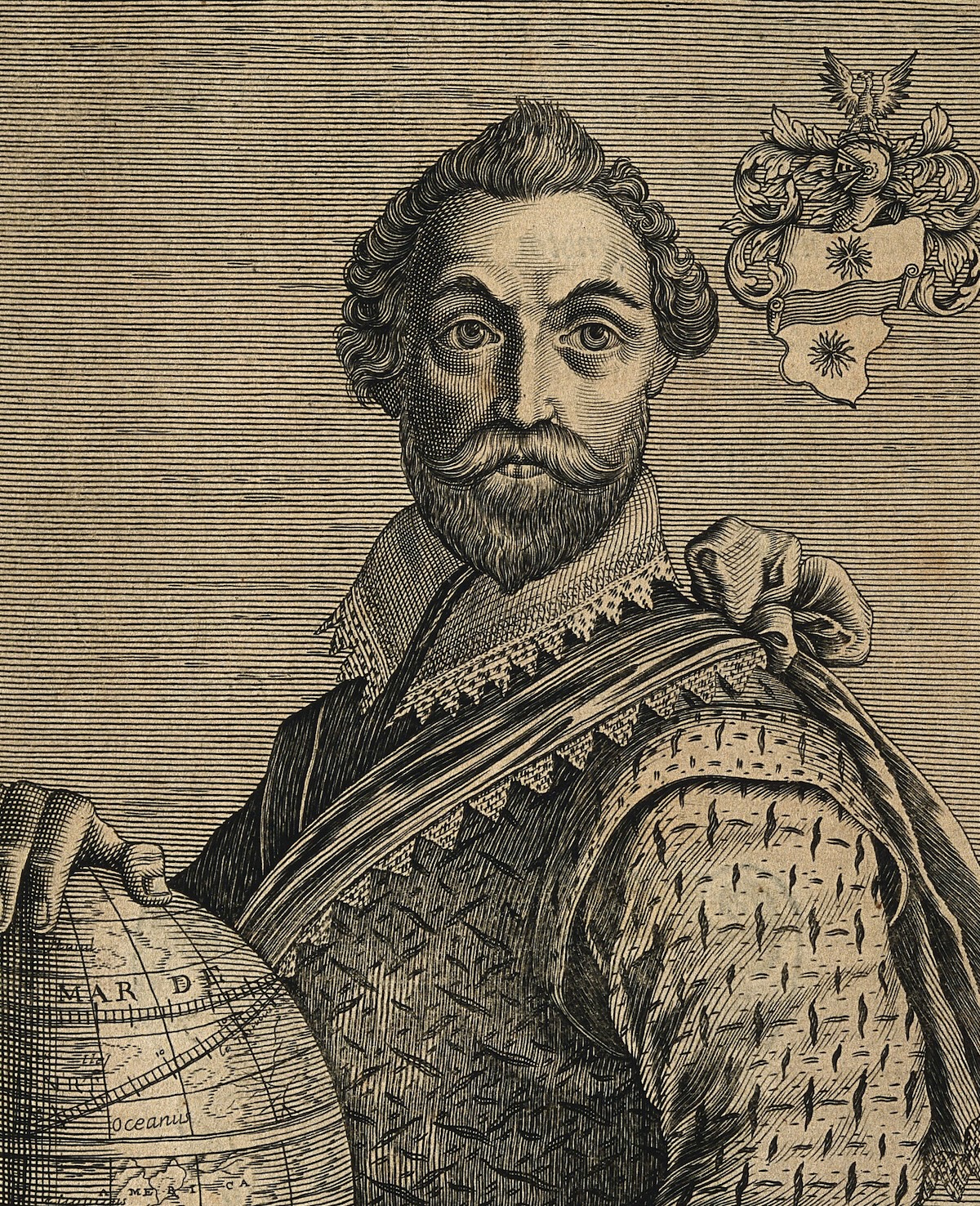Celebrity, Politics and Francis Drake
Francis Drake’s exploits in the New World made him perfect material for the English gutter press and a figurehead for rising Hispanophobia.

Francis Drake returned to Plymouth in 1580 as the first seaman to lead and successfully complete a voyage around the globe. It was some feat for a low-born Devonshire lad and, unsurprisingly, the voyage elevated him to the first rank of early modern celebrity. Drake’s achievement and his legacy were used to propagate ideas of Britain’s seafaring prowess, as it moved from the colonial aspirations of the 17th century to the 19th-century expansion of empire. Yet this is not what he is best remembered for today and nor was it his crowning glory during the 1580s. Keen to capitalise on the Hispanophobia that was rife in the latter decades of the Elizabethan era, the attention of English printers turned from Drake’s navigational triumphs to the construction of his legend: the hero who calmly led England to victory over the Spanish Armada in 1588. Printed materials from this period show that using celebrity to promote a political ideology is far from a purely modern concern.
